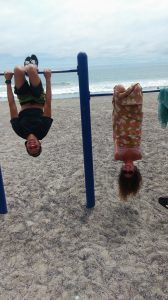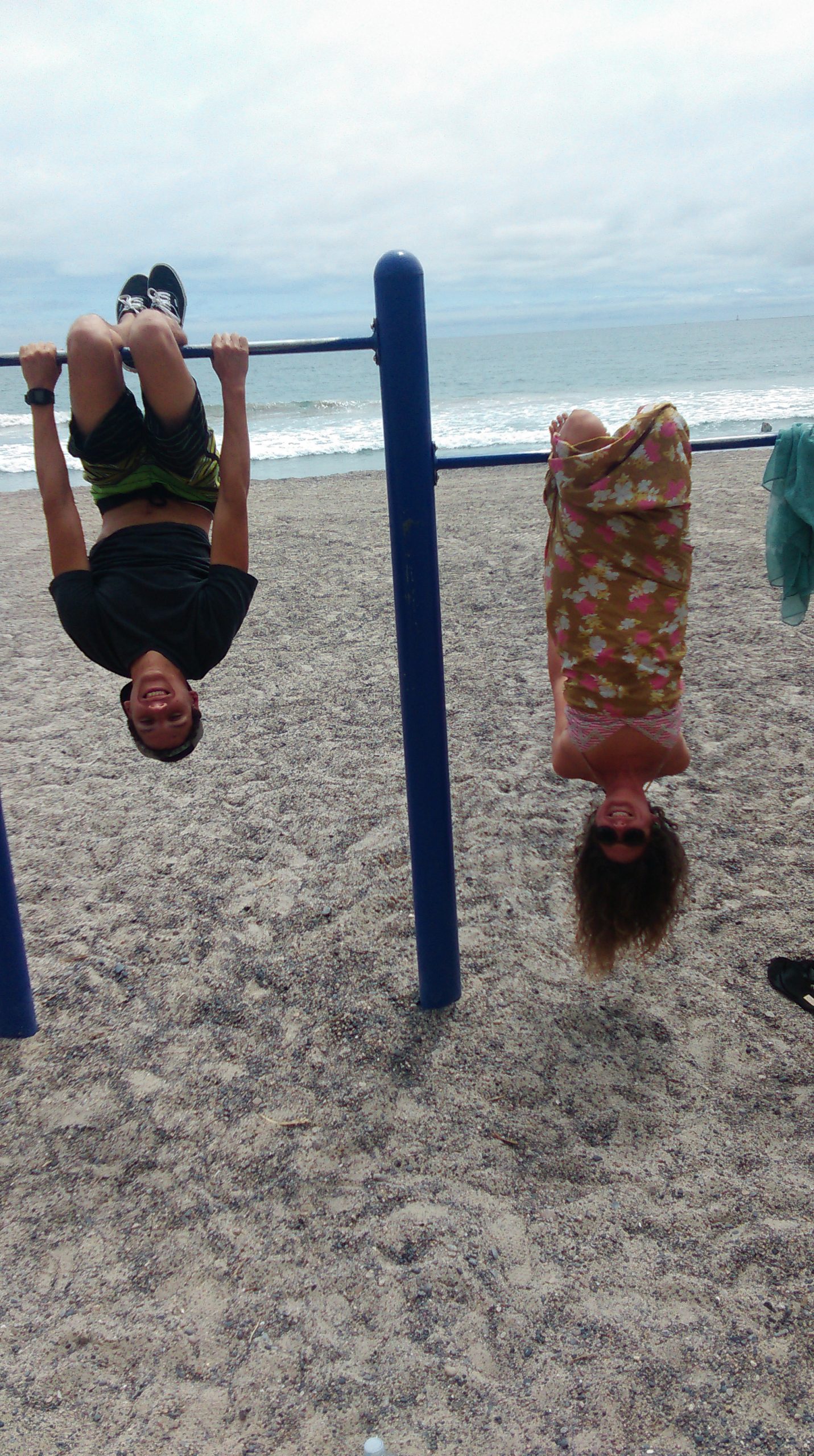Behavior Can Be Trigger Happy
Have you ever felt like reading a single text message, having someone say one thing, or even just one thought could change your entire day or even an entire week?
These changes you experience are more than just a feeling; they are a change in your behavior.
Explaining our behavioral patterns through the stimuli that trigger them.

Everyday, we are exposed to hundreds, if not thousands, of events, lights, sounds and people. Even thoughts can influence our behavior. Stimuli that cause a change in our behavior are called triggers.
There are many definitions and types of triggers that we’ll briefly go over. We encounter only a few of these many definitions and types of triggers on any given day.
Direct or Indirect
Direct triggers are stimuli that clearly and almost instantaneously influence our behavior. Think of instant reactions. For example, if you see a dog run out in front of your car, you would slam on the brakes.
An indirect trigger is a stimuli that takes a more delayed route and often involves a mediating step. Think of seeing a photograph of a loved one who has passed on. Throughout the course of the day, you may begin to reminisce about them.
Internal or External
One of the easiest trigger types to distinguish between is internal and external. External triggers are stimuli that come directly from our environment and influence one of our five senses. Internal triggers are slightly more complicated and rarely have a clear point of origin. Invoking thoughts and feelings that change our behavior can be triggers, without us even being aware of it.

Conscious or Unconscious
Conscious triggers require us to be in a state of awareness. For example, there may be that one co-worker or classmate that no matter what they do are constantly triggering your pet peeve. This is a conscious awareness that causes us to act agitated. Unconscious triggers, on the other hand, we have no control over. We often experience things passively and they influence our behavior, sometimes in significant ways. A prime example of this would be the “winter blues” phenomenon. A more conscious trigger that generates a change in our behavior is an alarm clock forcing us to go from an unconscious to conscious behavioral state.
Anticipated or Unexpected
Anticipated triggers are ones we can instantaneously identify, often even before they occur. If you see a car flying down the street and about to run over you, you will (hopefully) get out of the way as soon as possible. This is an example of an anticipatory trigger because the context has an expected behavioral response. Unexpected triggers generate on unusual and often novel behavior. An example of this would be making a joking comment that genuinely offends someone and causes them to want to fight. The response to this situation (for the majority of the population) is unplanned and unexplored.
Encouraging or Discouraging
Taking a page from behaviorism, these triggers basically tell us to either continue or stop a behavior. Encouraging triggers motivate us to continue to present the same behaviors, such as trying harder to learn that second language when we are praised (encouraging trigger) or quickly stopping if we are chastised for our attempts (discouraging trigger).

These are only 10 of the many different types of triggers that influence our behaviors every day. Now, what if we stopped everyday to take a moment to consciously register these triggers. When we decide to take control of our behavior and our triggers, changing our behaviors becomes a very different ball game.





